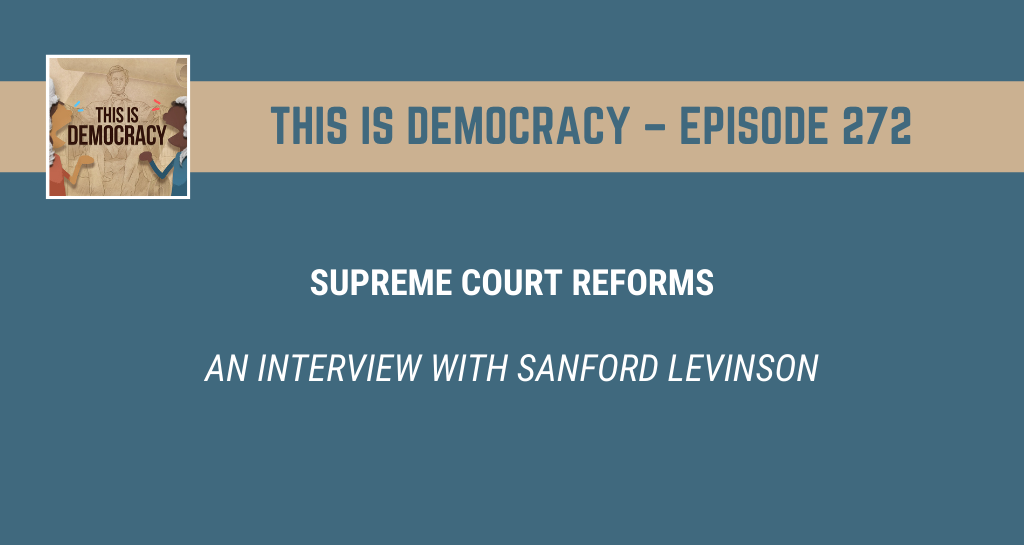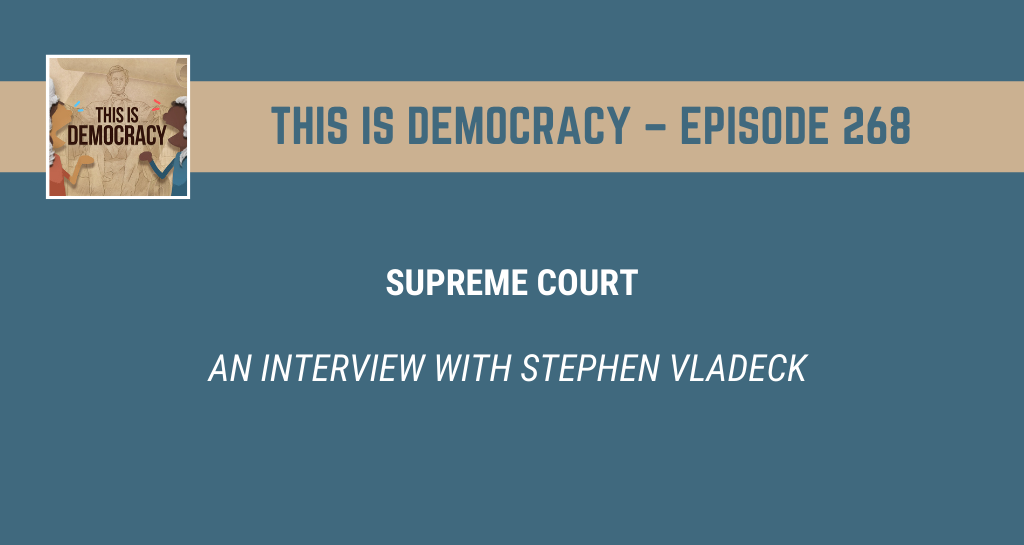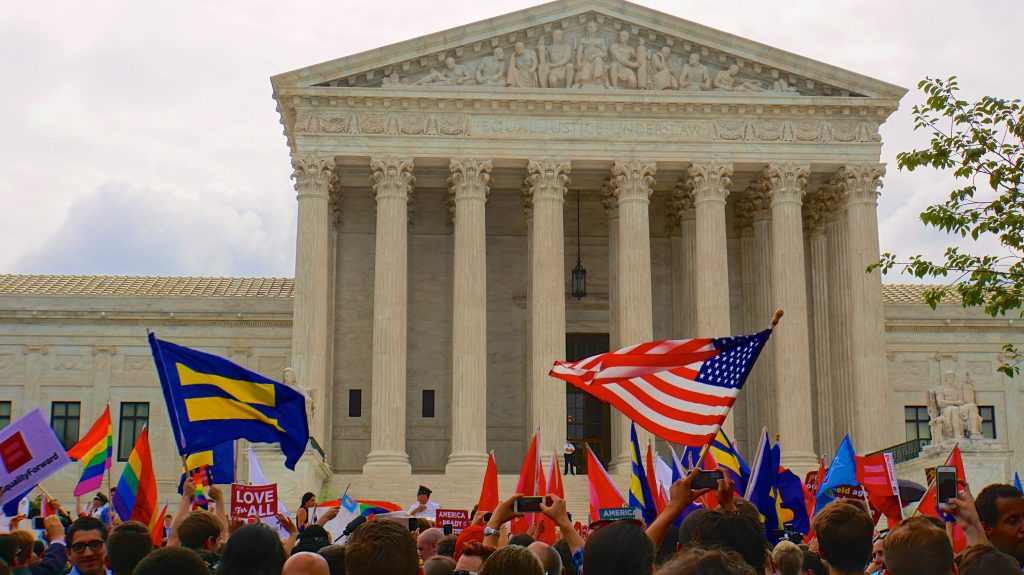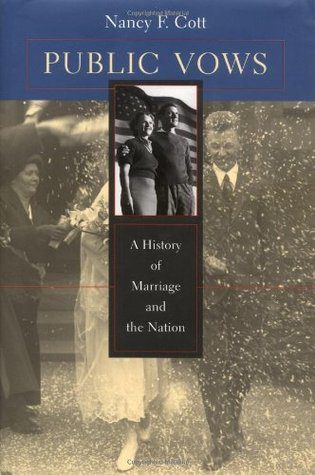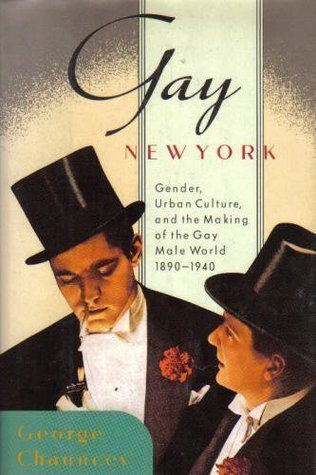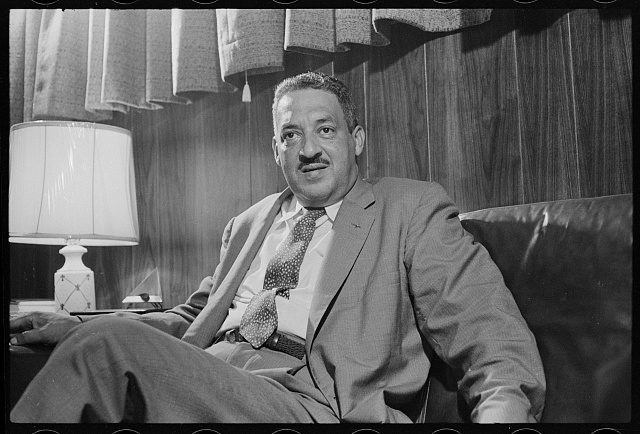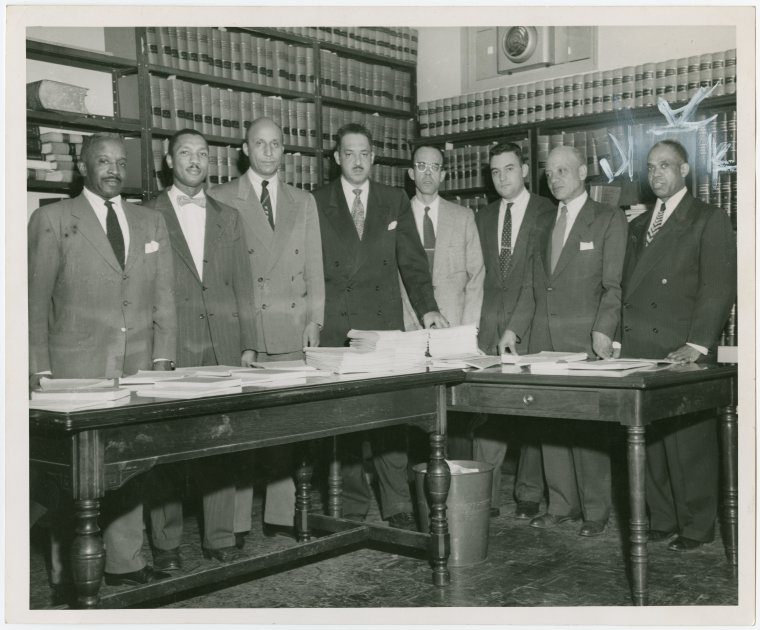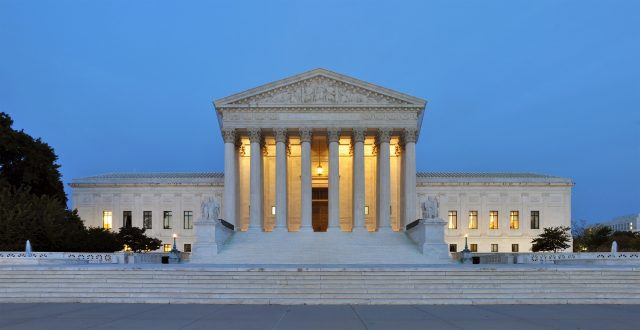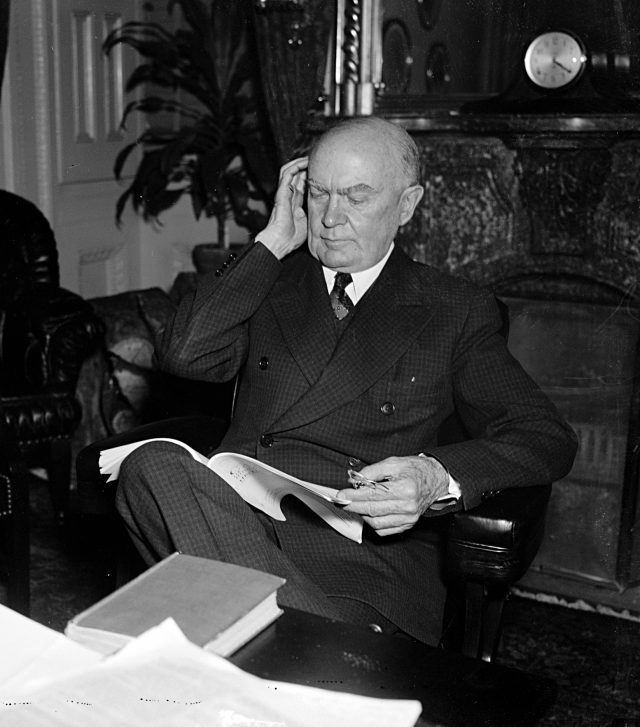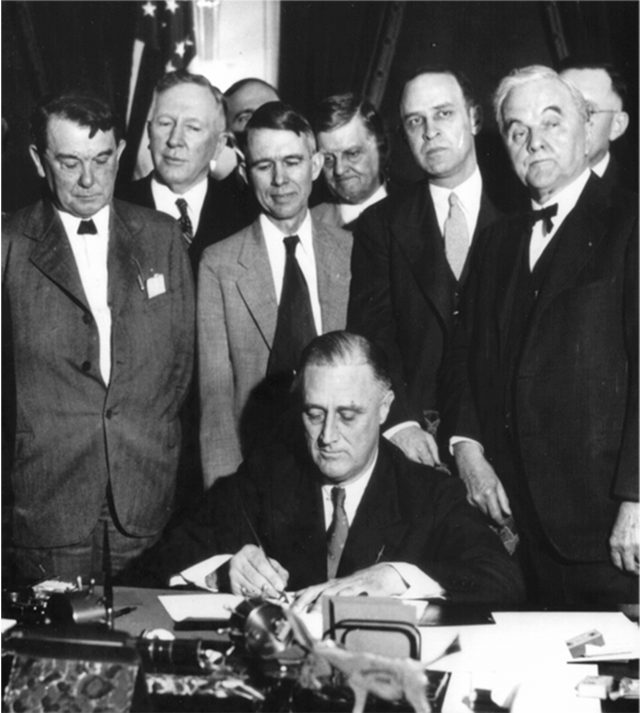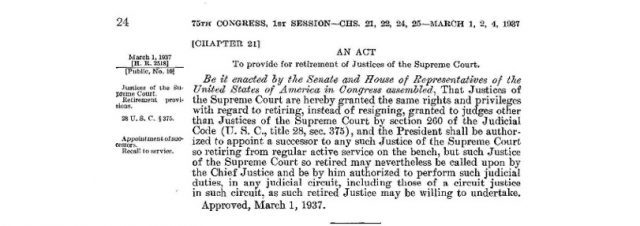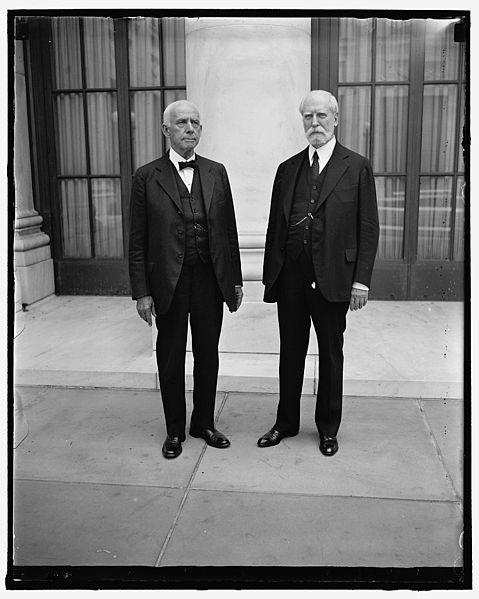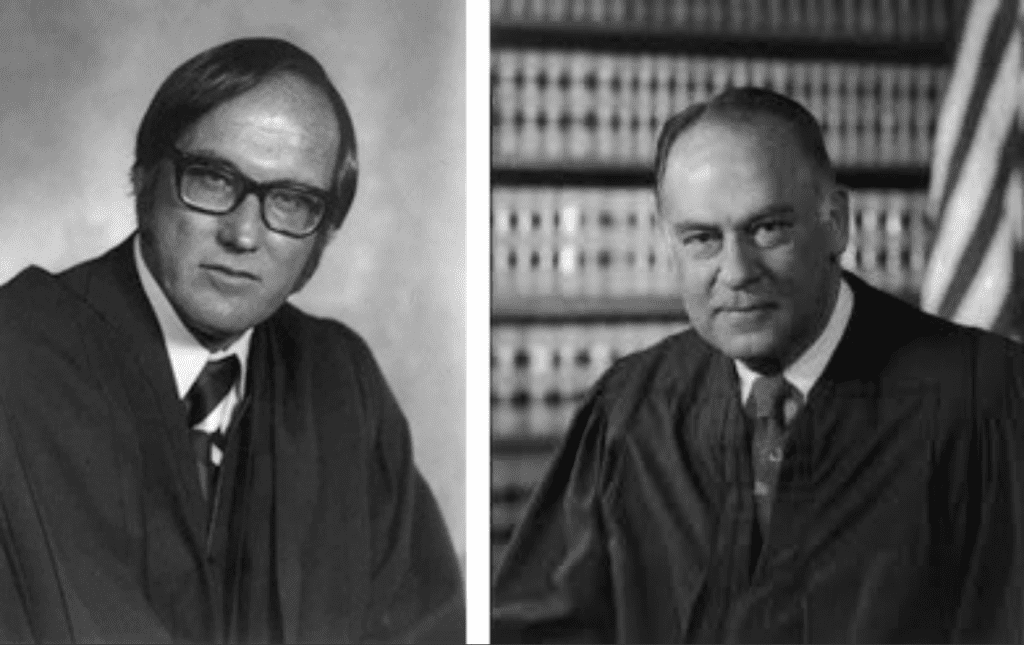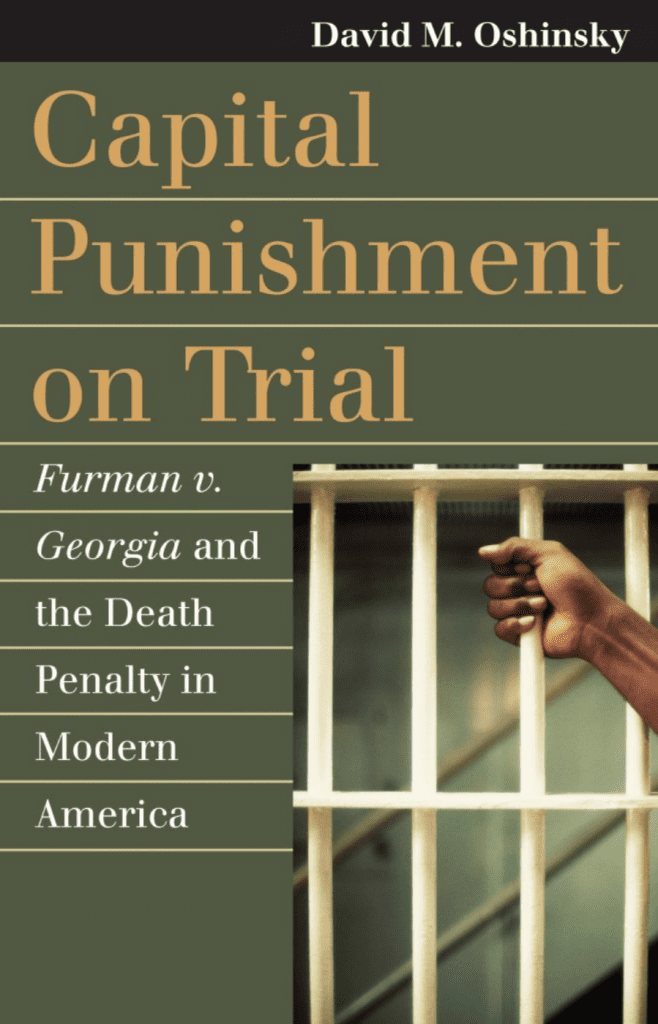
In 1937, American politics was gripped by President Roosevelt’s court-packing plan. Frustrated with what he perceived to be an aging, obstructionist Supreme Court, Roosevelt pressed Congress to expand the court from 9 to 15 members. Stepping into the ensuing maelstrom was Texas congressman Hatton Sumners, chair of the House judiciary committee, an ally of Roosevelt, and an opponent of the plan.
We’re joined today by Josiah Daniel. Now a full time legal historian, Daniel was a partner in the intl. law firm Vinson & Elkins. He received his JD in Law and MA in History from UT Austin.
